Embracing off-grid living is a lifestyle choice and a commitment to sustainable living. Choosing the right energy solutions is crucial for those seeking to disconnect from traditional power grids. Among these solutions, selecting the appropriate battery capacity plays a pivotal role in the efficiency and reliability of your energy system. As we delve into the specifics of different battery types and capacities, it's essential to understand the significant impact the right choice can have on your day-to-day life and environmental footprint.
Understanding Battery Types
Comparison of Lithium Iron Phosphate vs. Lithium Ion Batteries
Lithium-iron Phosphate (LiFePO4) batteries are increasingly preferred over traditional lithium-ion batteries for several compelling reasons. Primarily, LiFePO4 batteries boast significant advantages in terms of safety and stability. Unlike lithium-ion batteries, which are prone to thermal runaway and overheating, LiFePO4 batteries maintain a cooler operation and are less likely to ignite under stress. This safety feature makes them ideal for use in off-grid systems where reliability and safety are paramount. Moreover, the environmental impact of LiFePO4 batteries is considerably less severe due to their stable chemistry and absence of hazardous heavy metals.
Additionally, when considering specific energy and high energy density, LiFePO4 batteries offer a competitive edge. They may not reach the extremely high energy densities of lithium-ion batteries but compensate with longer life spans and consistent output, making them more suitable for sustained off-grid use. Their ability to handle more charge and discharge cycles without significant degradation makes them a smart investment for those who require long-term energy solutions without frequent replacements.
LiFePO4 vs. Lead Acid Batteries
Comparing LiFePO4 to lead-acid batteries illuminates their cost-effectiveness and durability. While the initial investment in LiFePO4 batteries might be higher, their long-term value is undeniable. They require minimal maintenance, withstand more charge cycles, and are not susceptible to the 'memory effect' that diminishes the effective capacity of lead-acid batteries. These attributes underscore the practical and financial advantages of LiFePO4 batteries for long-term off-grid living. Their resilience in various environmental conditions also makes them preferable for remote installations where regular maintenance might not be feasible.
Although initially cheaper, lead acid batteries are often less economical over time due to their shorter lifespan and higher maintenance requirements. They are also less environmentally friendly, containing harmful substances like lead and acid, which can pose disposal problems. In contrast, LiFePO4 batteries offer a greener and more durable solution, affirming their superior performance and sustainability.
Essentials of LiFePO4 Batteries
What LiFePO4 Batteries Offer
LiFePO4 batteries are renowned for their high energy density and robust safety features, making them one of the safest battery technologies available. These batteries are inherently non-combustible during overcharge, short circuit, and high-temperature conditions, significantly enhancing their safety profile. Their ability to operate safely under various conditions makes them an ideal choice for applications where safety cannot be compromised, such as in homes or remote locations where emergency services might not be readily accessible.
Additionally, the environmental benefits of LiFePO4 batteries are notable. They do not contain hazardous materials like cobalt or lead, which are common in other battery types, making them a more environmentally friendly choice for energy storage. This aspect is particularly important for those committed to reducing their ecological footprint. By choosing LiFePO4 batteries, users benefit from high performance and safety and contribute to a more sustainable planet.

Solar Energy and Battery Storage
Integrating LiFePO4 batteries with solar panels is an effective strategy to maximize the efficiency of solar battery banks. These batteries are well-suited for storing solar energy because of their stable chemistry, which ensures that the stored power remains available when needed, even during periods of low sunlight. This integration is essential for maintaining a reliable power supply in off-grid solar setups, allowing for greater independence from grid power and reducing the carbon footprint associated with traditional energy sources.
Using LiFePO4 batteries in solar systems enhances efficiency and improves the overall sustainability of the system. These batteries' ability to reliably store and release energy as needed makes them an excellent partner for solar panels, which can be subject to fluctuating output depending on weather conditions. By effectively bridging the gap between energy production and consumption, LiFePO4 batteries ensure that no energy goes to waste, thus maximizing solar installations' environmental and economic benefits.
Calculating Your Needs
Estimating Energy Requirements
To determine the appropriate amount of energy for off-grid living, one must first calculate their typical energy usage. Tools and formulas are available to help estimate this consumption accurately. Understanding your energy consumption is critical to designing a system that meets your needs without over-investing in unnecessary capacity. It's important to consider not only daily use but also peak loads and potential future increases in energy demand. This comprehensive approach ensures that the system will be robust enough to handle unexpected surges and scalable enough to accommodate future growth.

Sizing the Solar Panel and Battery Bank
Matching your solar panels' output with your battery bank's capacity is essential for creating an efficient off-grid system. This chapter will explore various case studies that illustrate successful integrations and highlight the considerations needed when sizing your system. Factors such as geographic location, typical sunlight exposure, and seasonal variations must be considered to ensure the solar panels consistently meet the household's energy demands. This alignment is crucial for maintaining a steady and reliable power supply, particularly in areas where grid power is either unavailable or unreliable.
Choosing the Right Battery Capacity
Factors to Consider
Several factors must be considered when selecting the right battery capacity for your off-grid system. These include load analysis, projected energy needs, and the impact of geographic and climatic conditions on energy production and storage. It is essential to clearly understand these elements to make an informed decision that ensures both efficiency and reliability. Assessing these factors helps prevent the common pitfalls of under-sizing, which can lead to power shortages, or over-sizing, which can unnecessarily elevate the cost and complexity of the system.
The Ultimate Guide to Choosing Battery Capacity
This guide provides a step-by-step approach to selecting the ideal battery capacity for your needs. It emphasizes the importance of careful consideration, balancing current needs with future expansions, and selecting a system that can adapt to changing conditions. By following this guide, users can confidently navigate the complexities of battery selection, ensuring that their investment delivers optimal performance and reliability. The ultimate goal is to create a harmonious balance between cost, capacity, and longevity, making the off-grid system a viable and sustainable solution for years to come.
Implementation and Maintenance
Installing Your LiFePO4 Battery System
Whether you choose a professional installation or a DIY approach, this comprehensive guide covers the crucial steps and considerations for installing a LiFePO4 battery system, ensuring optimal performance and safety. Installation procedures vary widely depending on the scale and complexity of the system, but all require careful planning and adherence to safety standards. This section offers insights into the best practices for installation, from choosing the right location to wiring and final integration, all aimed at maximizing the efficiency and lifespan of your battery system.
Maintaining Your Battery for Long-Term Use
Routine maintenance is key to prolonging the life of LiFePO4 batteries. This section details the checks and balances necessary to maintain battery health and extend its lifespan, alongside best practices for battery care. Regular monitoring of battery charge levels, ensuring proper ventilation, and checking connections for corrosion are all part of a comprehensive maintenance routine. By adhering to these practices, users can not only extend the operational life of their batteries but also ensure they operate at peak efficiency, thereby enhancing the overall performance of the off-grid system.
Conclusion
Selecting the right battery capacity is more than a technical choice—it's a decision that affects the sustainability and efficiency of your off-grid energy system. Investing wisely in the right technology and capacity ensures energy independence, long-term reliability, and performance. As the demand for sustainable living solutions grows, making informed choices about energy storage will play a pivotal role in achieving energy autonomy and environmental responsibility.
For those seeking further information or expert advice, links to trusted suppliers and industry leaders in off-grid energy solutions offer a gateway to deeper understanding and smarter energy management. These resources are crucial for anyone looking to enhance their knowledge and effectiveness in managing off-grid systems, ensuring they are well-equipped to face the challenges and reap the benefits of sustainable living.

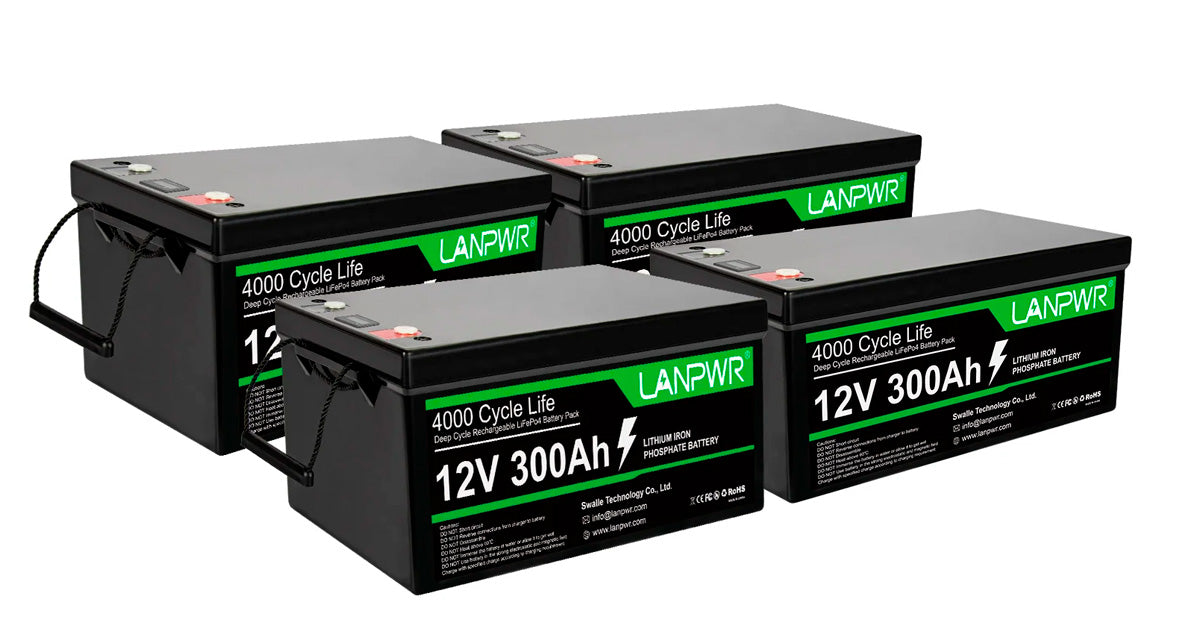
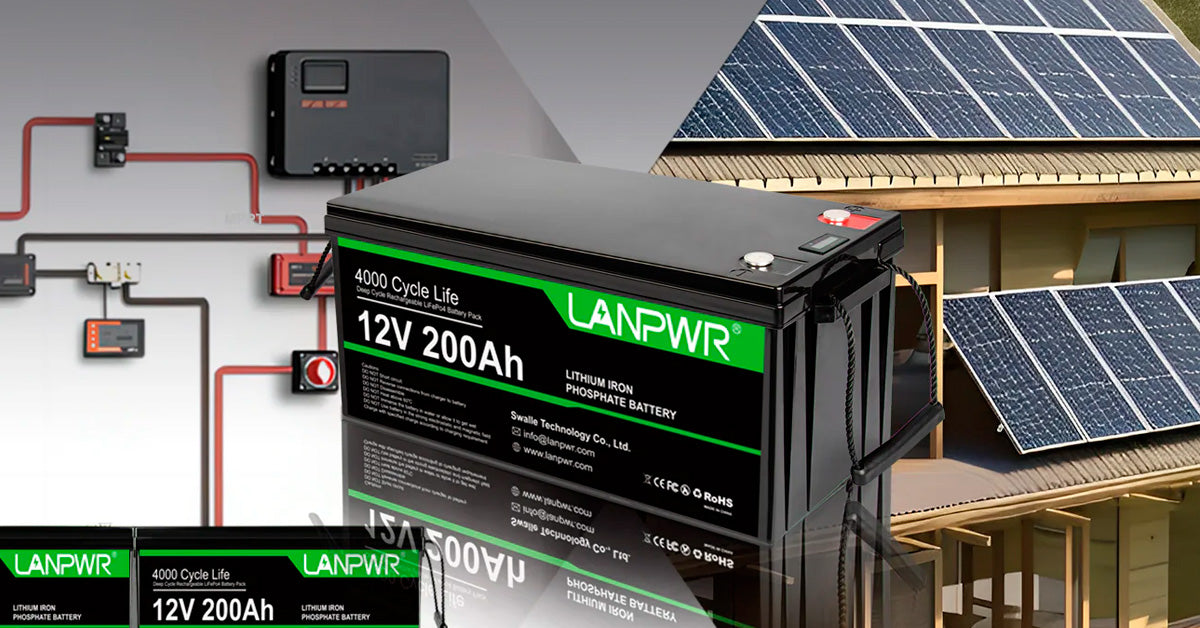
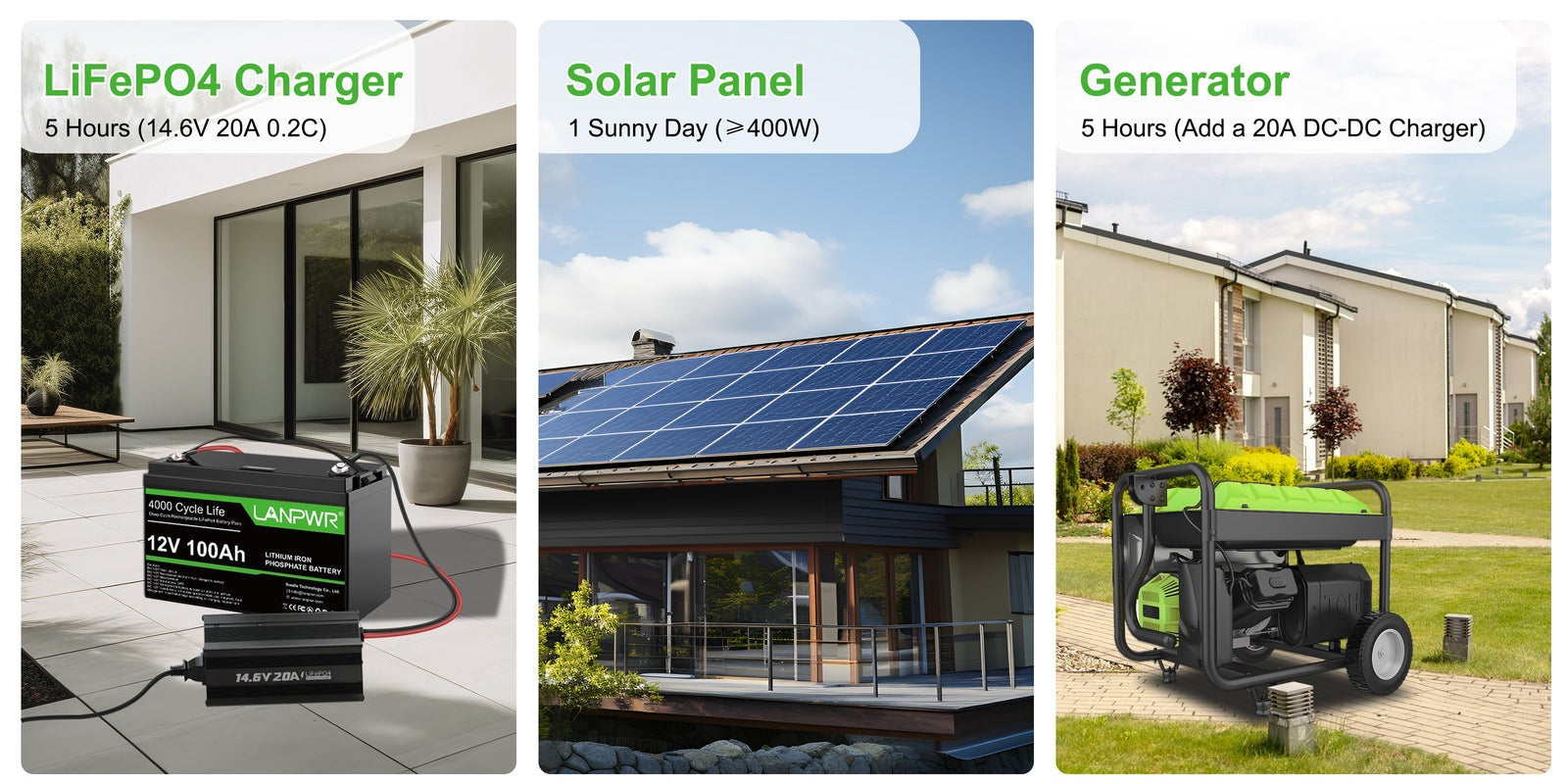


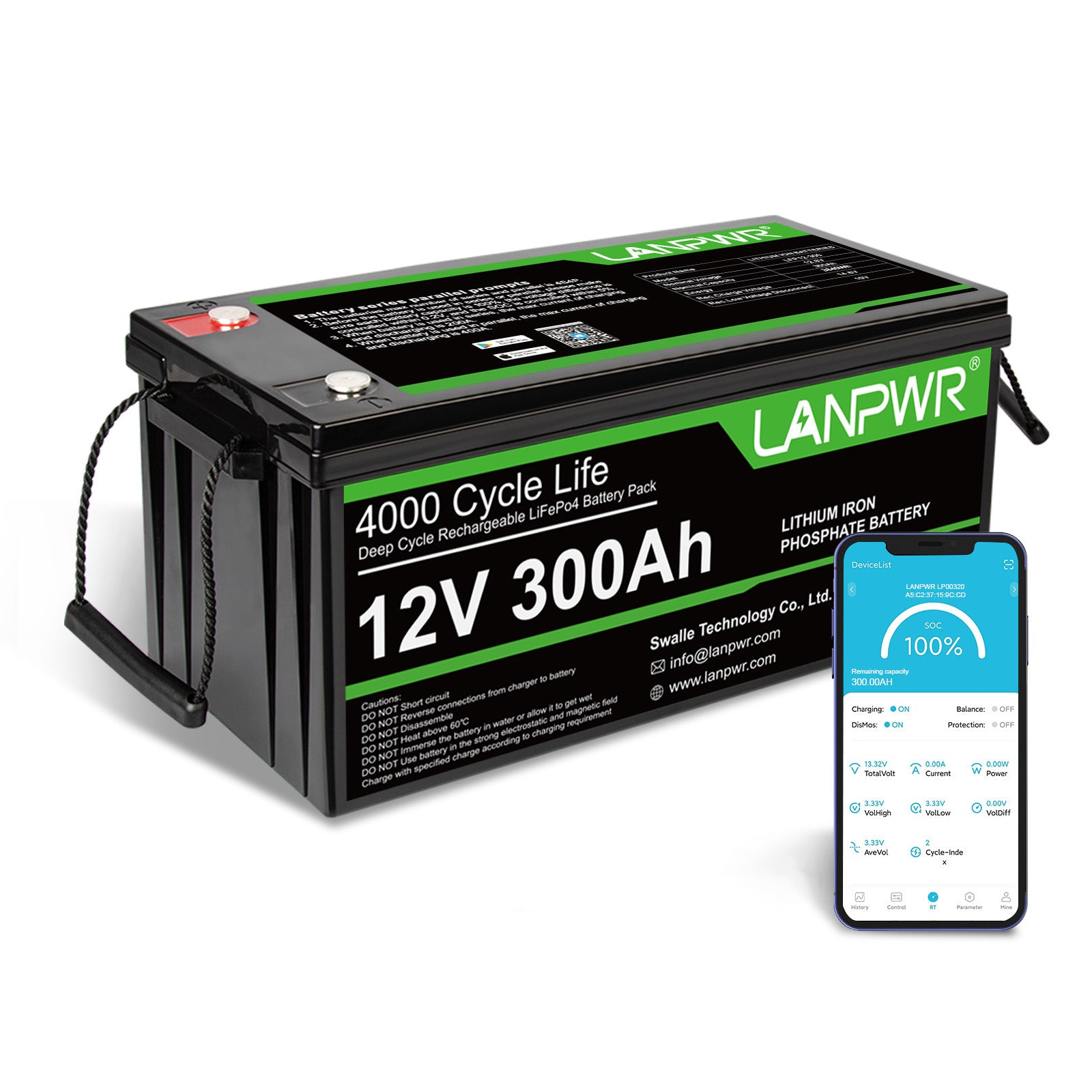
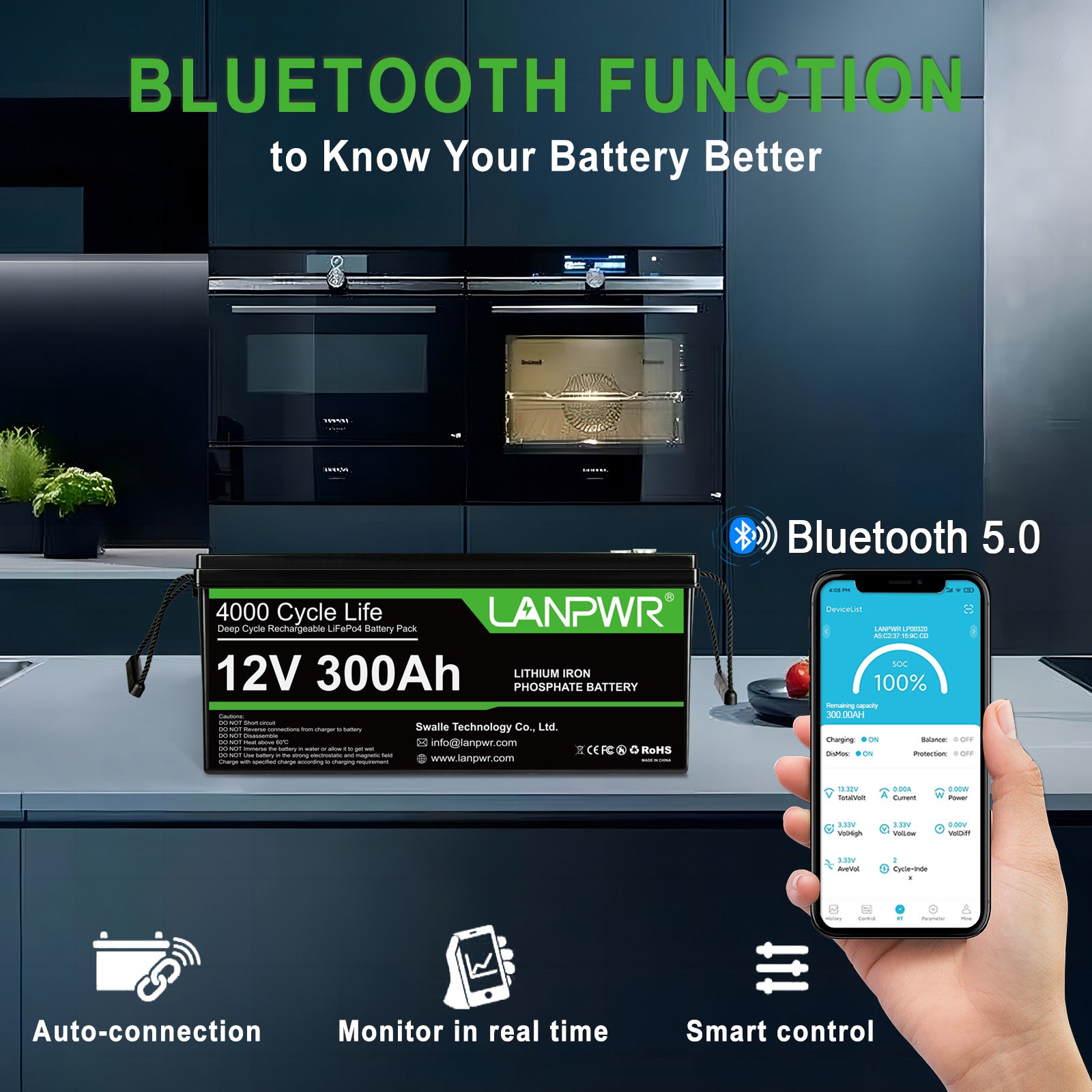
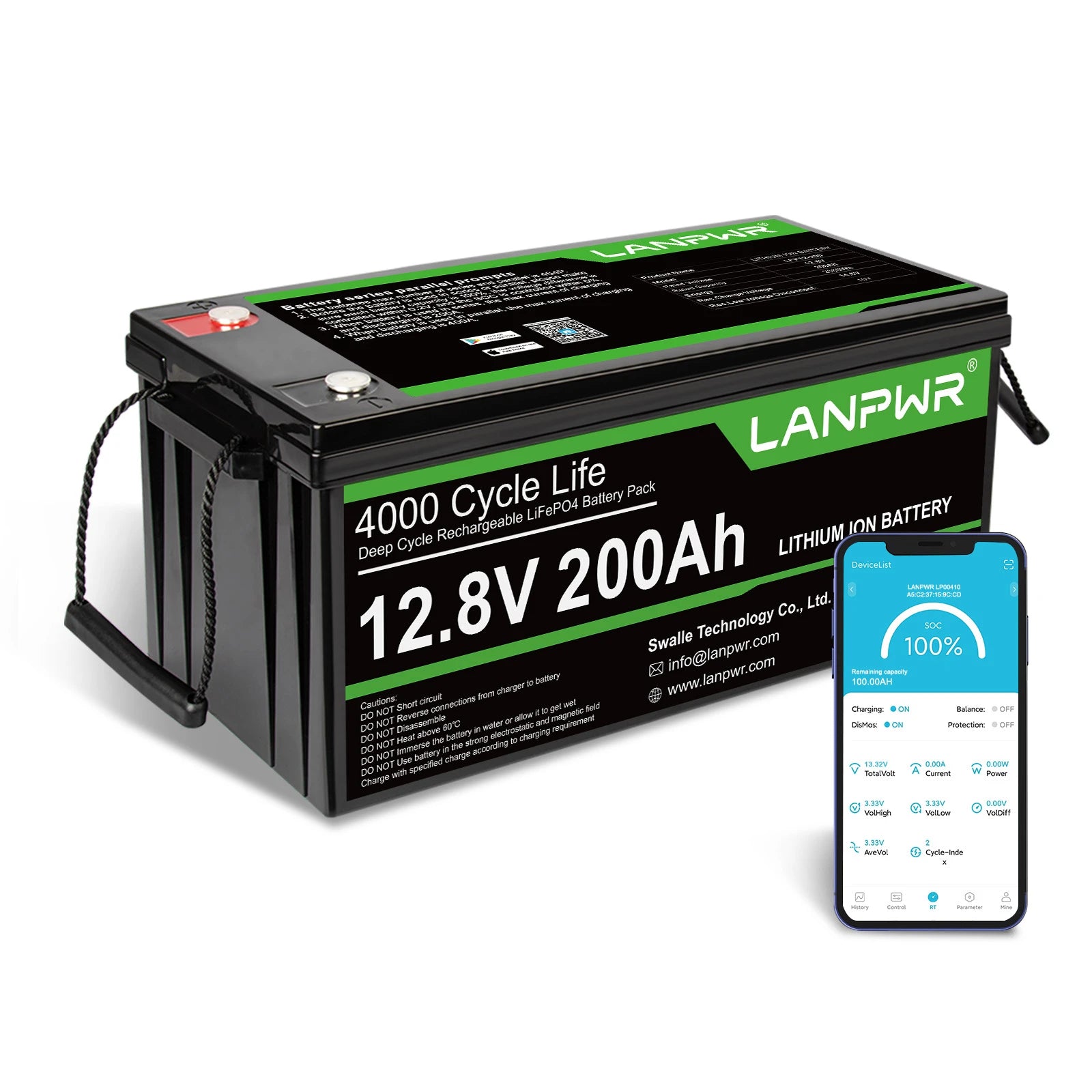
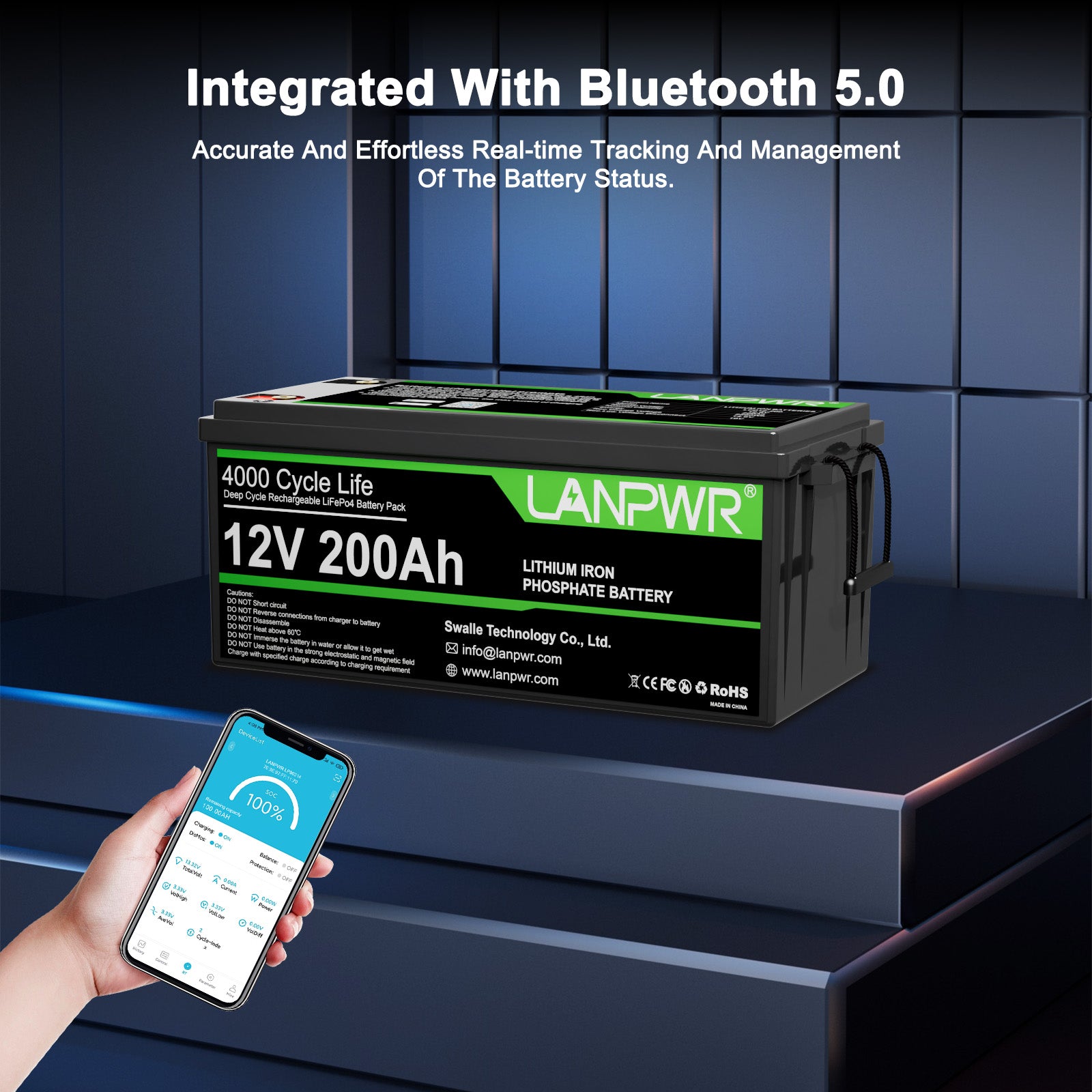
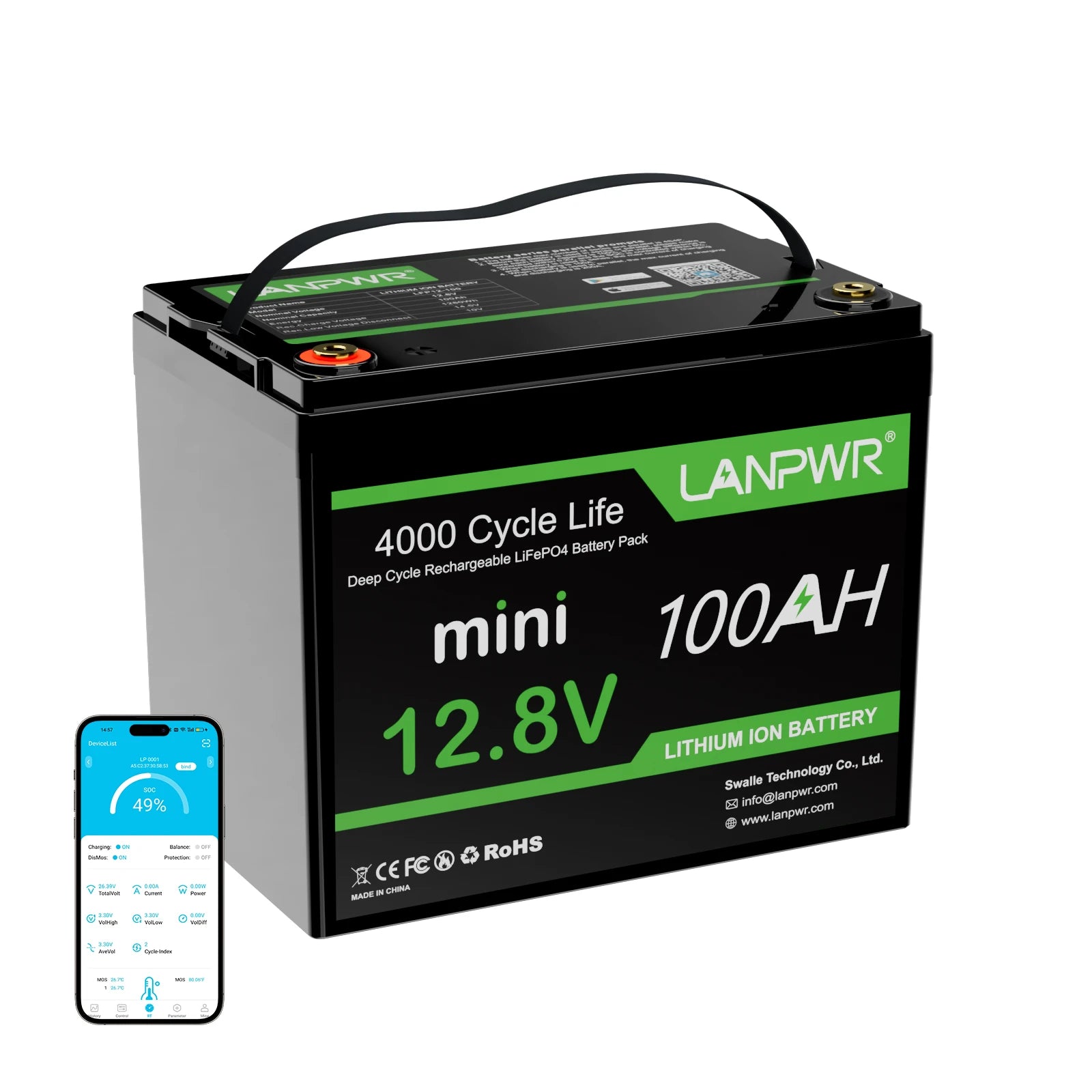

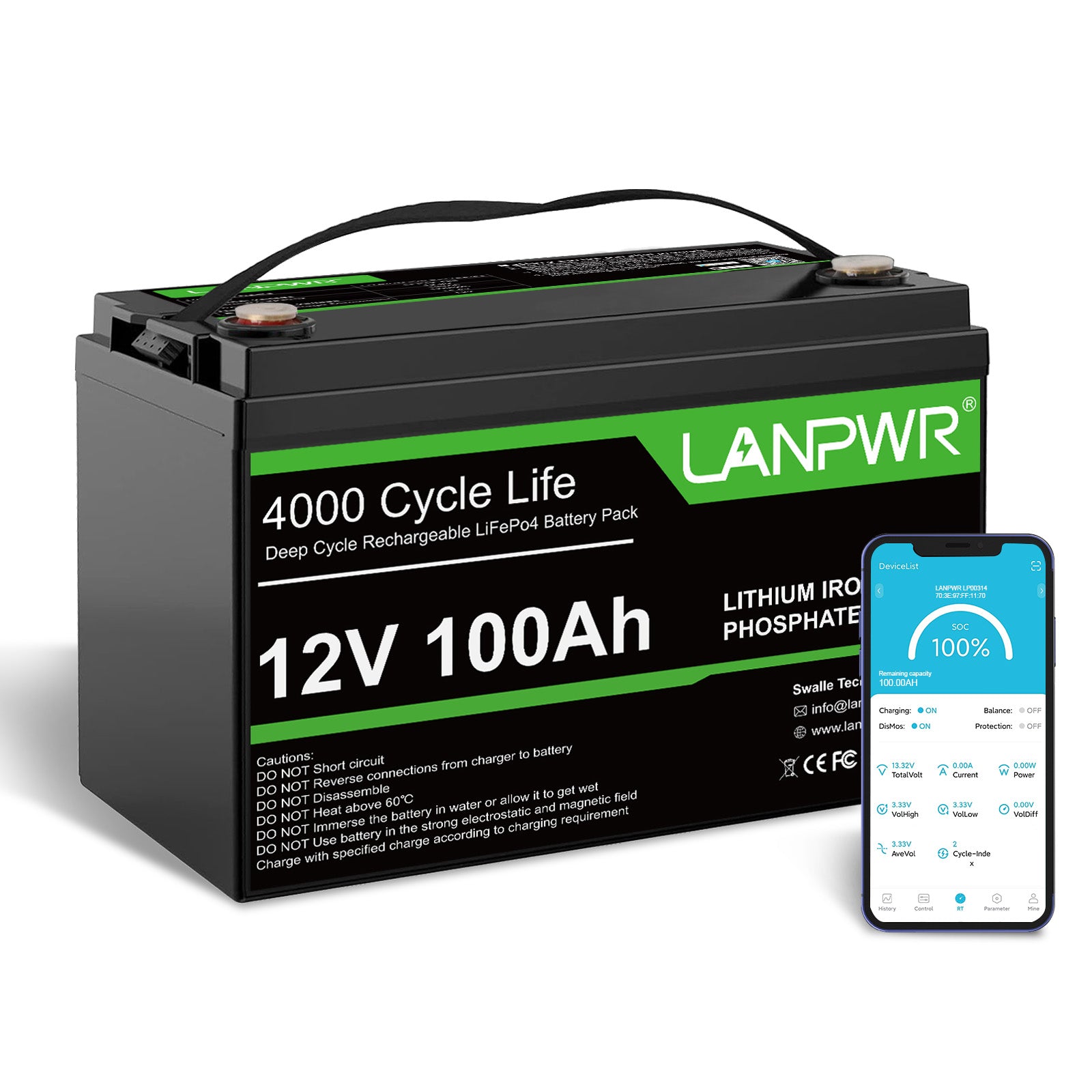

Leave a comment
This site is protected by hCaptcha and the hCaptcha Privacy Policy and Terms of Service apply.